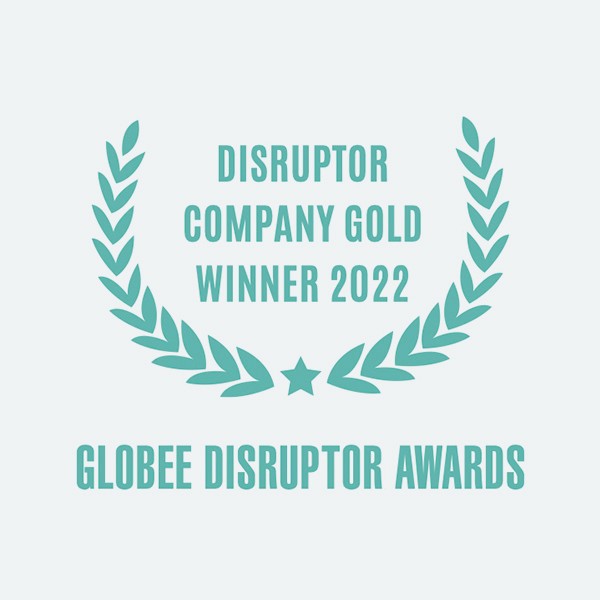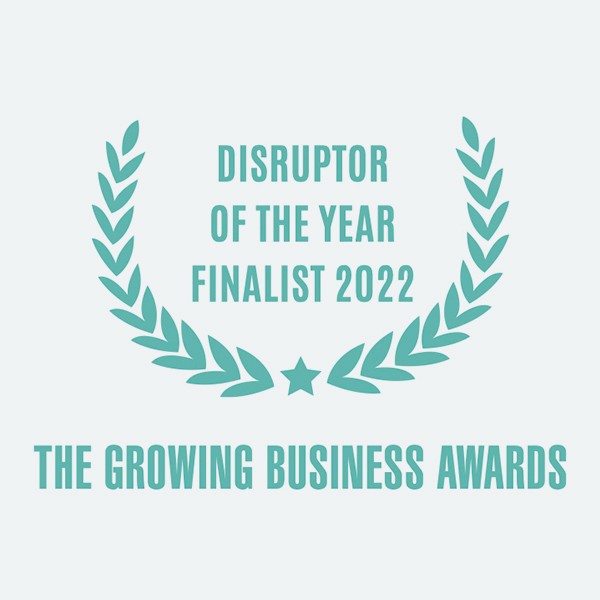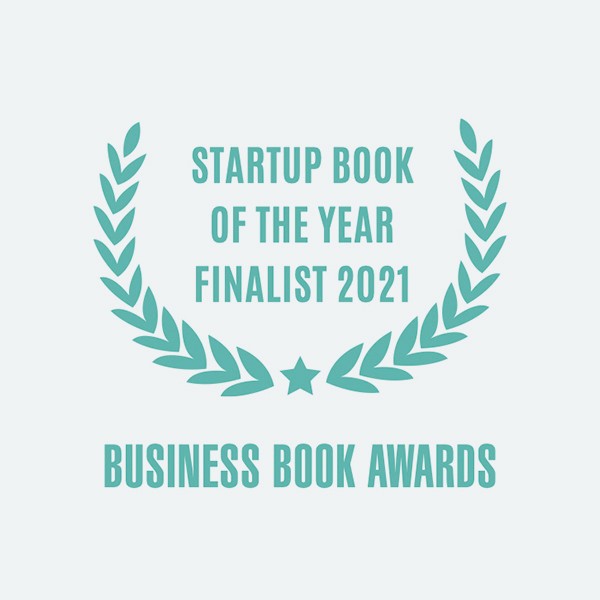

PR for startups and scaleups
19 October 2018

Author
Melissa Taylor
Brand Communications Manager at Luminous PR.
Luminous PR is a specialist technology PR agency, based in London and Norwich. We help our clients gain high-profile media coverage to meet their business goals, including print, digital, broadcast, and social media. Our holistic approach to comms also includes social media, digital marketing, and content creation.
The challenges of growing up
No matter what size you are, every business faces challenges. The early days are a slog to break into the marketplace, and it doesn’t always get easier. Investment, recruitment, and acquisition are all common hurdles in scaleup life.
For businesses with the passion to make a difference, the thrill is worth the graft. That said, it doesn’t mean you have to do it all on your own. Working with an agency that understands startup and scaleup life can make the journey simpler – and more successful.
If you’re a regular reader of the Robot Mascot blog, you’ll know they’re experts when it comes to supporting businesses on their way to success. However, they’re not the only ones.
Let us introduce ourselves: we’re Luminous PR, and we use the media to help startups and scaleups overcome their challenges. We’ve partnered with Robot Mascot to help their clients create bespoke media campaigns to raise awareness of their exciting innovations.
If you’re totally new to the world of PR, don’t panic. This blog post will explain what PR actually is, and how it can benefit both startups and scaleups. Keep reading to find out more…
What is PR?
According to the Chartered Institute of Public Relations, PR is about reputation:
“It’s the result of what you do, what you say and what others say about you. Public Relations is the discipline which looks after reputation, with the aim of earning understanding and support and influencing opinion and behaviour. It is the planned and sustained effort to establish and maintain goodwill and mutual understanding between an organisation and its publics.”
PR involves getting your brand seen by your target audience, through the media. This could be newspapers, magazines, blogs, social media, radio, or podcasts. Previously, PR simply meant writing a press release and sending it to the newspaper. PR has evolved to match the changing media landscape, becoming digital and ‘influencer lead’. Today, anyone with internet access can be a ‘journalist’.
The difference between marketing and PR concerns the channels used to communicate. With marketing, a brand communicates with its customers through its own channels (website, email, social media). PR, on the other hand, involves external channels. It is ‘earned’ media, rather than ‘owned’.
How can PR help?
As we mentioned earlier, challenges are simply a part of life for all businesses. However, the types of challenges you face depend on what stage of life your business is in.
For most startups, the biggest challenges are finding early adopters. With marketplaces saturated with competitors, your brand needs the perfect messaging to stand out from the crowd. Scaleups have their own set of challenges: acquiring funding, mergers, award wins and recruiting the best talent.
The good news is that whatever challenges your business faces, PR can help.
For startups trying to build up a customer base, PR can help you gain exposure by placing you in publications trusted by your target customers. If you’re a B2C business, this could be their preferred blog or magazine, or even in a review feature from their favourite YouTuber.
Scaleups seeking funding will need a different PR approach. What investors look for in a business is different from what customers care about. Media coverage needs to show that your business not only stands out from the competition but also has growth potential.
For many businesses seeking PR, the ‘golden ticket’ is national, mainstream media coverage. However, this isn’t always the best outcome. For B2B brands or scaleups, it’s more beneficial to create in-depth thought leadership articles bylined by your founder. This allows you to flaunt your expertise to investors and prospects – even if it’s not quite as sexy as a spot on BBC Breakfast.
One of the biggest differences between startups and scaleups are budgets. As you’d expect, startups are typically on much tighter budgets. We’ve found that a burst of activity that generates a lot of coverage in a short space of time works well for these businesses.
But, for this to work at all, you need a solid news story. For example, some funding news or a brand new product the media hasn’t heard about yet. Unfortunately, some publications make a rule of not featuring the same business multiple times a year. Unless, of course, you have a ground-breaking news story. So, if you think your business might want PR soon, don’t try to ‘dabble’ before going to an agency – it could hinder your chances of success.
Scaleups with larger budgets are better off with longer-term thought leadership PR campaigns. We recommend six months to a year, rather than the three to six months often requested by startups. It’s worth bearing in mind though, that longer-term PR projects will always increase your chances of coverage, as well as helping you build meaningful relationships with target publications.
Tying it all together
Regardless of whether you’re a startup or scaleup, a good PR campaign is always integrated. This means making sure messaging is consistent across all channels: website, blog, social media, and media outreach. Your target audience could research your business through any one of these channels, so they must all tell the same story.
Want to know more about how an integrated PR campaign can help your startup or scaleup?
We’re happy to help! Send your PR questions to hello@luminouspr.com, or get in touch on Twitter.
Keep up to date with what we’re up to via email






Copyright ©Robot Mascot Ltd. All rights reserved.





